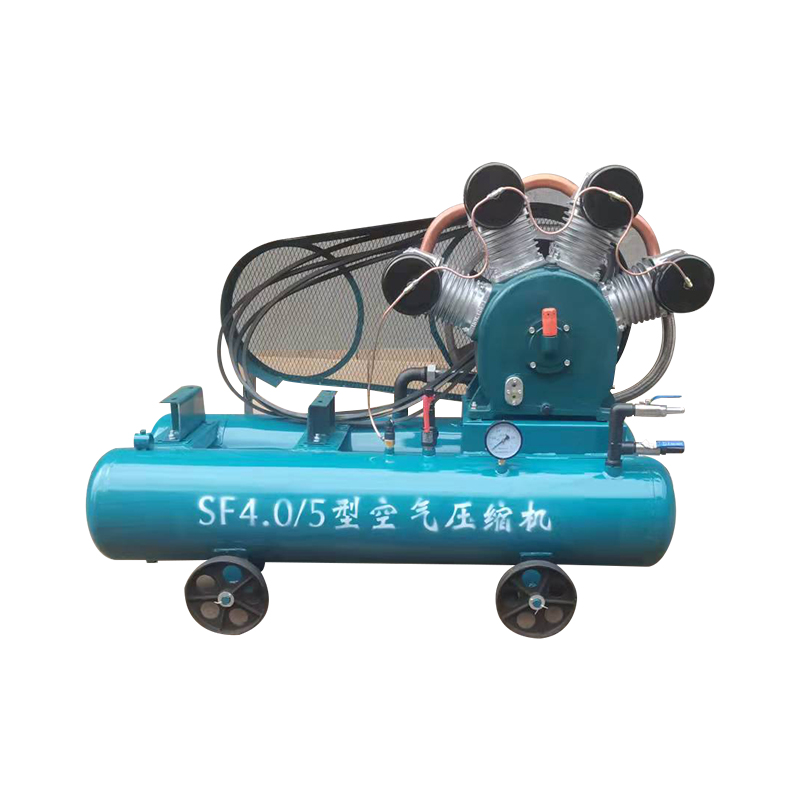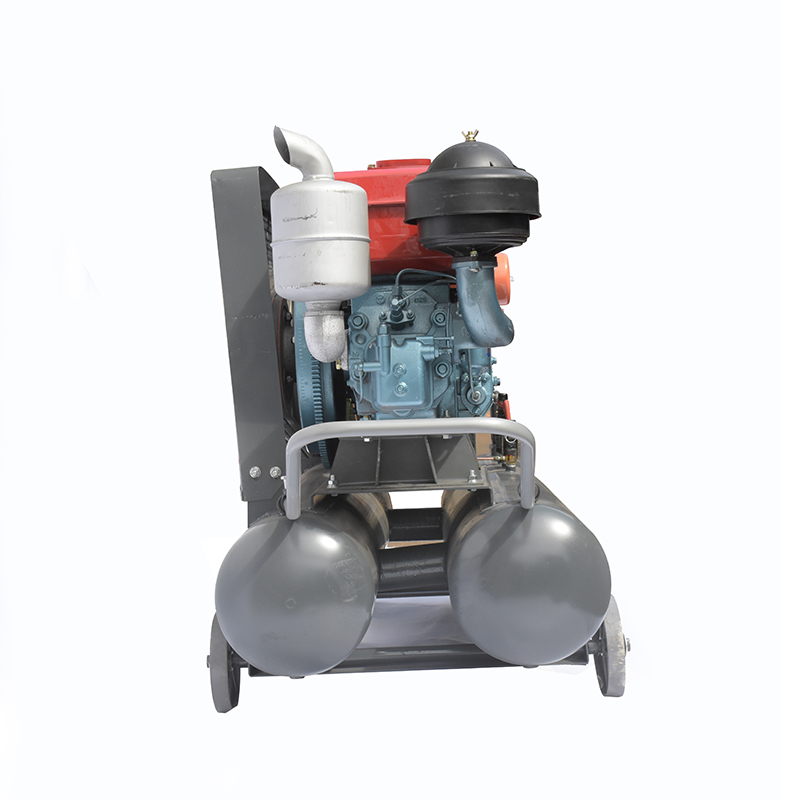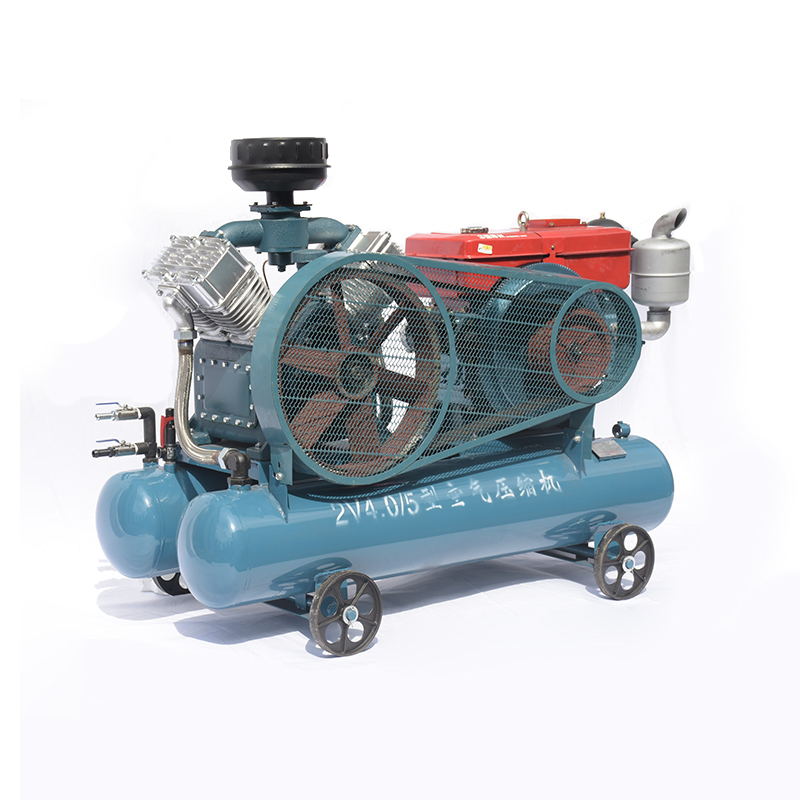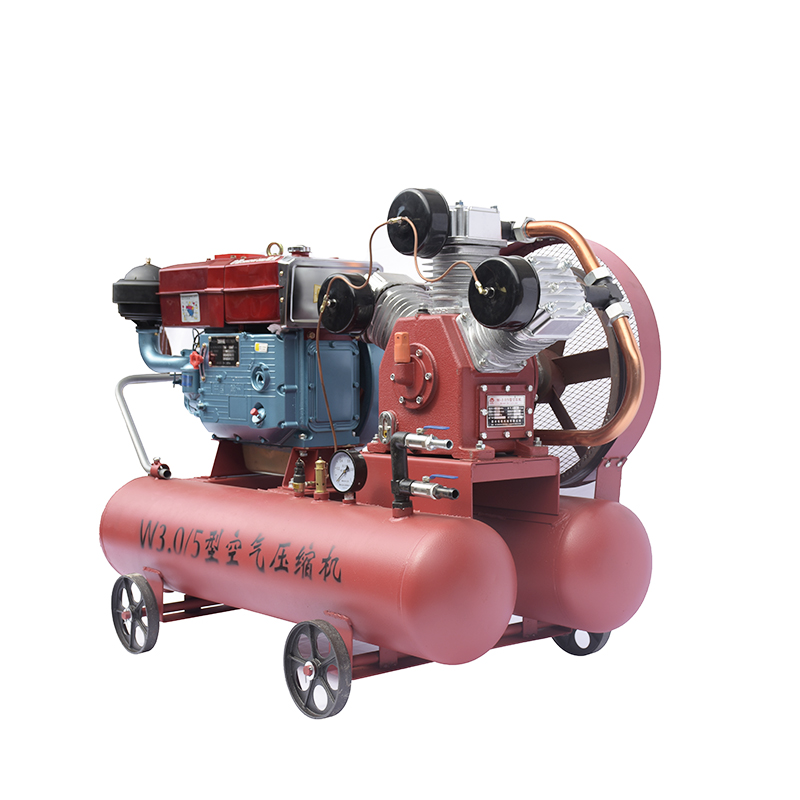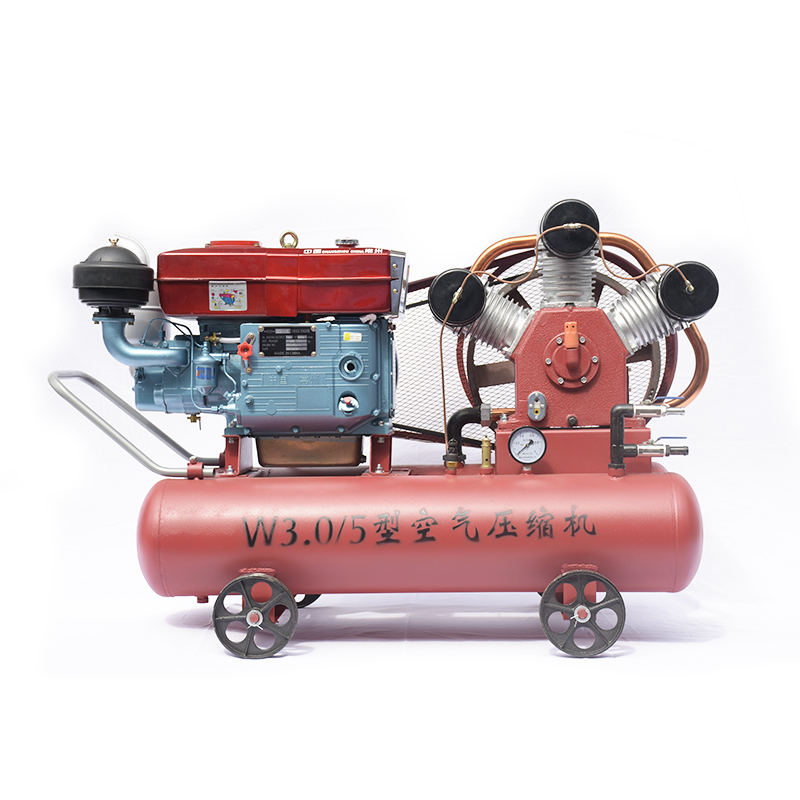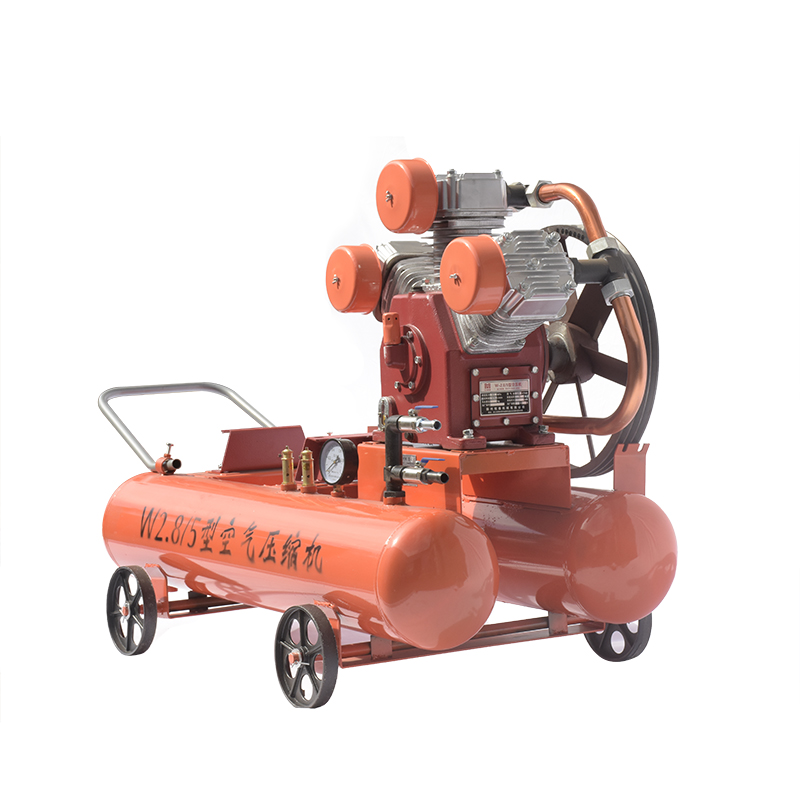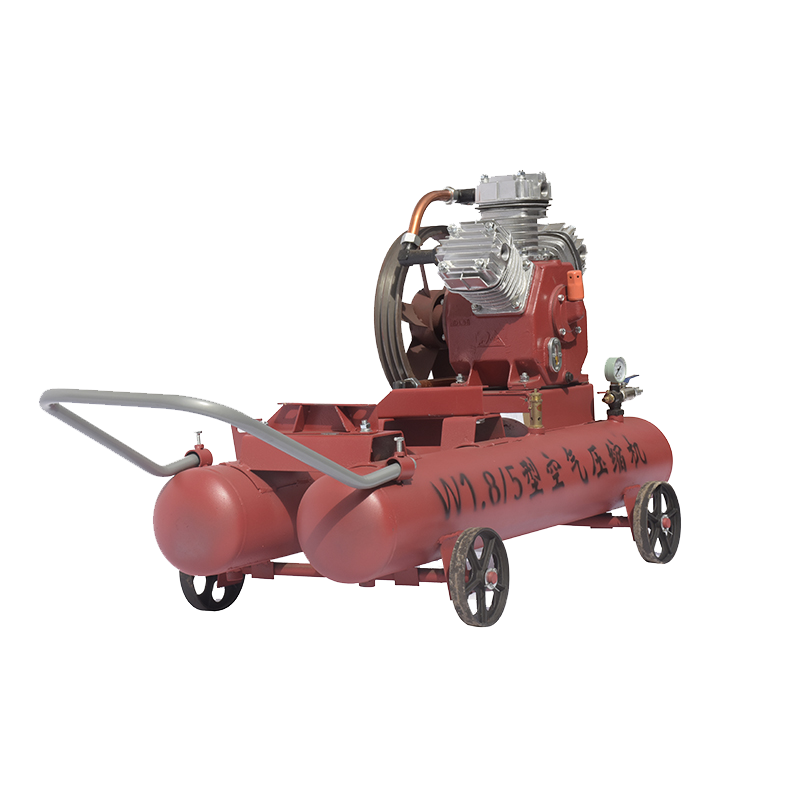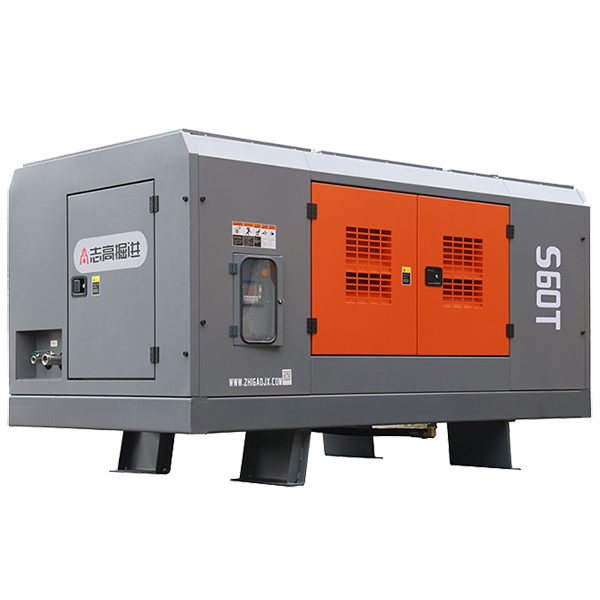In the 17th century, Otto von Guericke, the mayor of Magdeburg, Germany, endeavored to explore ambient air pressure. Unveiling an unparalleled invention, he created the world’s first air compressor; a machine used to pump air into balls for experimental purposes. Furthermore, Guericke was renowned for his investigations into the mysteries of electricity.
Appearing ponderous and cumbersome, the earliest versions of air compressors ran on manual or animal force. Then, in 1829, Michael Faraday – an Englishmen – ushered in a new era of compressed air with his groundbreaking electric compressor. Its revolutionary miniature size and portability were the cornerstones of this fantastic innovation.
Compressors are a common feature in many professional areas, such as automotive, manufacturing, construction, and mining. In addition to business-related roles, they’re the secret behind the smooth operation of air conditioners and refrigerators. Practically anytime you hear the faint sound of a compressor running in the background, it’ll be coming from an air con unit.
Uncovering the Mechanism: The Inner Workings of an Air Compressor
The air compressor is powered by a motor which forces air into a cylinder-like chamber. This chamber is connected to a piston linked to the crankshaft of the motor, its up and down motion leading to increased air pressure as it squeezes the air within.
The pressure generated by the air is then released through a valve, offering the possibility to either store it in a tank or utilize it to fuel machines and tools.
Discovering Different Air Compressors
Among air compressors, there are two widely-used styles – the piston and rotary. The piston variety takes the lead in terms of popularity, typically used for everyday activities like operating an air tool.
When it comes to powering industrial machines and the like, rotary compressors are considered the go-to. Sure, they cost more than piston compressors, but when you factor in their efficiency and extended lifespan, that initial investment will start to look mighty appealing.
Are you trying to decide which air compressor would suit your requirements best? This can be a tricky task, but with the right knowledge and guidance, you will be able to make an educated selection.
When choosing an air compressor, the size should be taken into account — this is measured in gallons per minute (GPM). If it is to be used for powering machinery, then a bigger compressor is advised; however, for just inflating the tires a smaller model should suffice.
An air conditioner, for instance, typically requires a higher pressure rating, which is measured in pounds per square inch (PSI). When selecting a compressor, it is essential to consider the amount of pressure desired for optimal performance.
When it comes to the main source of power for an air compressor, you have three main options: electricity, gas, and diesel. Each one of these carries its own benefits and drawbacks.
Electricity’s clean efficiency is a popular choice of power source for air compressors; however, it can burn a hole in your wallet through its operation expenses.
Despite offering a more budget-friendly option, gas is far less effective and significantly more damaging to the environment than electricity.
Diesel may be costly, but it brings with it the bonus of superior power and increased efficiency.
Having thoughtfully weighed the various elements, you are now equipped to make an informed decision and select the air compressor that will serve your needs perfectly.
Post time: 2023-07-01


